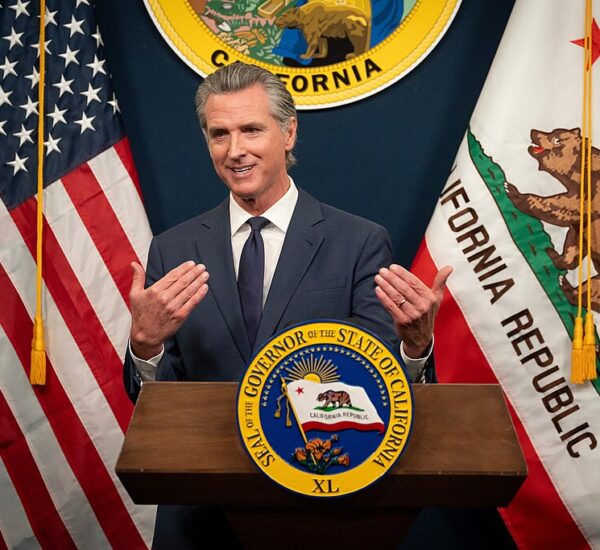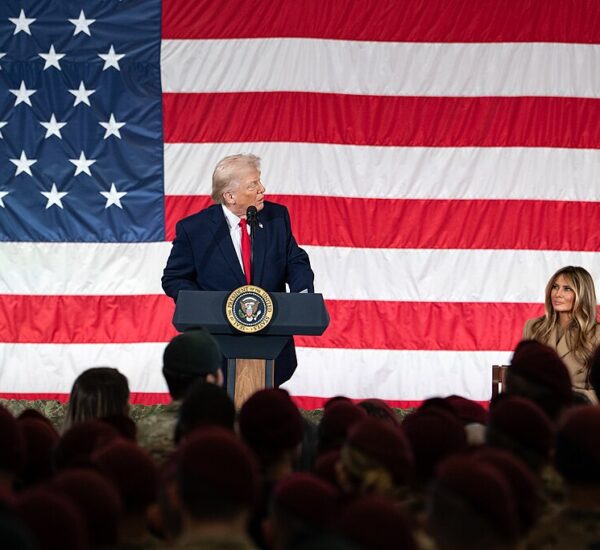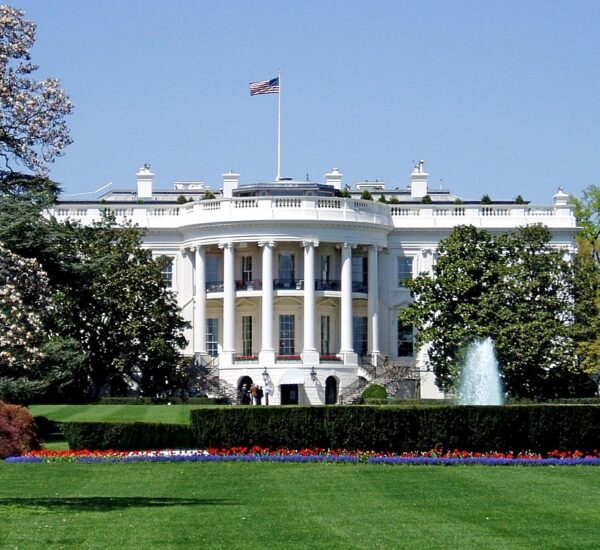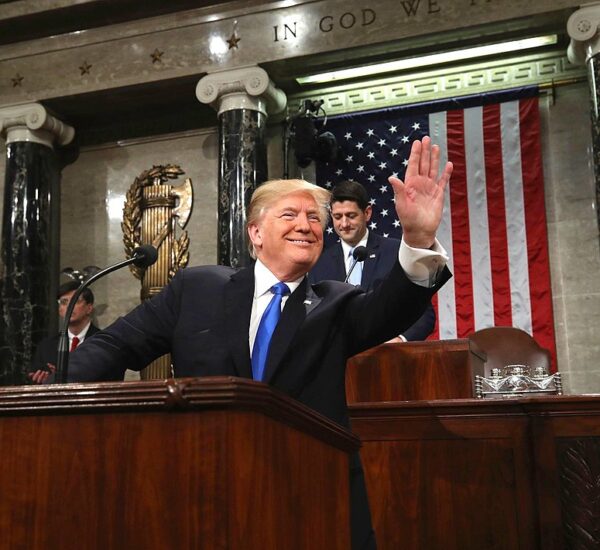Trump Team Announces New Rules
Defense Secretary Pete Hegseth moves to restore discipline, transparency, and message control inside the Pentagon
Defense Secretary Pete Hegseth has issued a bold new directive designed to bring order and accountability back to the Pentagon, requiring that all military and Defense Department officials coordinate their communications with Congress through one central legislative office.
The change — outlined in two official memos signed by Hegseth and his deputy, Steve Feinberg, on October 15 and 17 — represents a sweeping effort to tighten internal control, reduce leaks, and ensure consistent messaging from the Department of Defense.
“Unauthorized engagements with Congress by [Defense Department] personnel acting in their official capacity, no matter how well-intentioned, may undermine Department-wide priorities critical to achieving our legislative objectives,” Hegseth and Feinberg wrote.
A Return to Military Discipline and Chain-of-Command Accountability
The new policy reverses years of decentralized communication, which often allowed individual military branches and Pentagon offices to brief Congress independently. Hegseth’s move restores a strict chain of command, ensuring that only verified and approved information is shared with lawmakers.
Pentagon spokesperson Sean Parnell confirmed the new guidance, calling it “a pragmatic step to improve accuracy, responsiveness, and transparency” in how the Pentagon interacts with Congress. Parnell emphasized that the review focuses on internal processes, not on restricting lawful congressional oversight.
Protecting Whistleblowers and Strengthening Oversight
The memo makes clear that the new structure does not cancel whistleblower protections. Military members still retain their full legal rights to contact Congress regarding waste, fraud, or abuse.
However, for all official communications, the Pentagon’s legislative affairs office will now act as the central hub — part of what Hegseth described as an effort to rebuild deterrence, revive the warrior ethos, and reestablish respect for America’s armed forces.
Timing Raises Eyebrows — Pentagon Press Access Also Curtailed
The timing of the order has drawn attention in Washington. The memo was issued the same day Pentagon reporters surrendered their press badges after refusing to comply with new access restrictions.
Hegseth’s office maintains that the move was not about secrecy, but about restoring operational security and professionalism after years of leaks and politically motivated leaks undermining U.S. defense strategy.
Despite reduced access, news outlets have vowed to continue military coverage from outside the Pentagon. The message from Hegseth’s team is clear: the era of freelancing and mixed messaging from inside the Department of Defense is over.
A Clear Signal of Reform Under Trump-Era Principles
Hegseth, a decorated Army veteran and longtime advocate for service members, has made it clear that discipline, clarity, and patriotism will define his leadership.
By streamlining how the Pentagon speaks to Congress, he aims to restore confidence in America’s military leadership and ensure that the focus remains on rebuilding strength, not bureaucracy.
🔹 Why This Matters to America’s Future
Under this reform, Congress receives accurate information, the military operates with unity of purpose, and the American taxpayer can trust that the Pentagon’s priorities are aligned with national defense — not internal politics.






